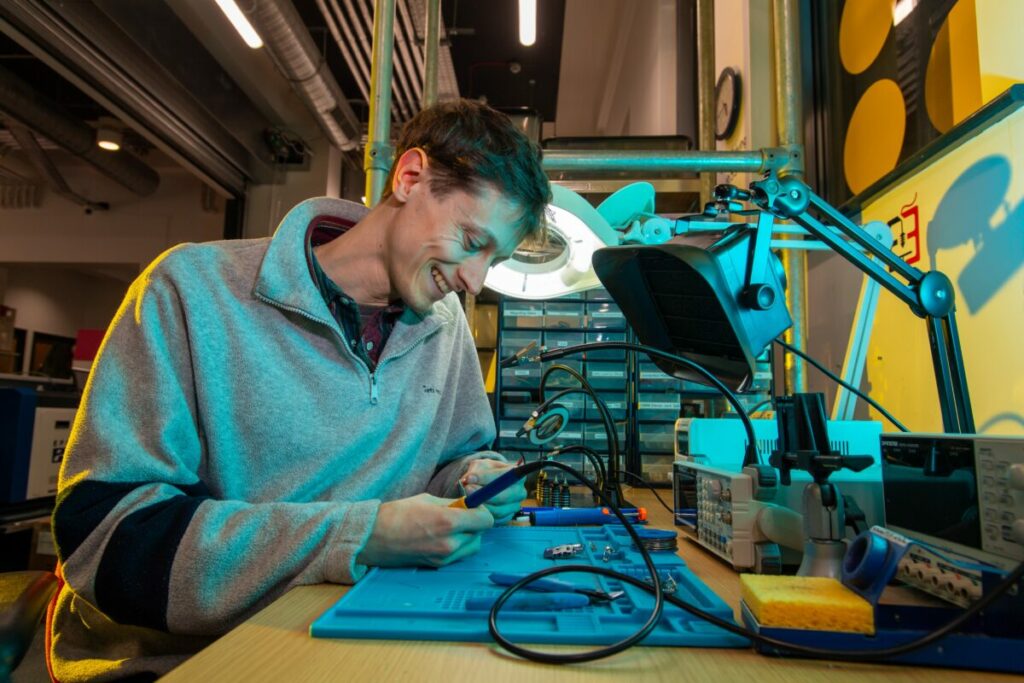Etsy-owned preloved fashion marketplace Depop has pledged to reduce its scope 3 emissions by 52% within the next seven years.
The ambitious goal has been announced as part of the online fashion retailer’s sustainability aims and impact goals for 2023 and beyond, which saw it outlining its environmental and social focus areas for the years ahead.
The fashion marketplace has identified five central environmental and social impact areas to focus on: circularity, net zero emissions reductions, sustainability operations, employee DEI and marketplace DEI.
“Since 2021, Depop users have given a second life to 25 million items that already existed, enabling tens of thousands of resellers to make an income from circular fashion,” said director of sustainability and DEI, Justine Porterie.
“We’re very proud of the progress we’ve made to date with our impact work; but there’s so much more we can do.”
Depop said it intends to achieve its net zero goals by using science-based targets – while continuing to offset 100% of measured greenhouse gas (GHG) emissions – and aims to run zero waste operations by 2025.
Subscribe to Sustainability Beat for free
Sign up here to get the latest sustainability news sent straight to your inbox each morning
It is also aiming for a 50% reduction in Scope 1 and 2 emissions by 2030, rising to 90% (Scope 1 and 2) and 97% (Scope 3) by 2040, and has said it will publicly report on its progress each year.
As well as offsetting, Depop will continue to source 100% of its energy from renewable sources, which it does through a virtual power purchase agreement (where clean energy is brought onto the grid on behalf of the purchaser for a pre-agreed price).
The report also sets out Depop’s diversity targets, with the brand aiming for 35% of its global headcount to be from underrepresented ethnicities by the end of 2028, and 27% from underrepresented gender identities.
It comes as the fast fashion industry has come under fire for not doing enough to tackle the impact of textile waste and human rights abuse in supply chains – with Selfridges embracing second-hand initiatives with its Worn Again season, as well as traditional second-hand clothing players like eBay and Depop.















